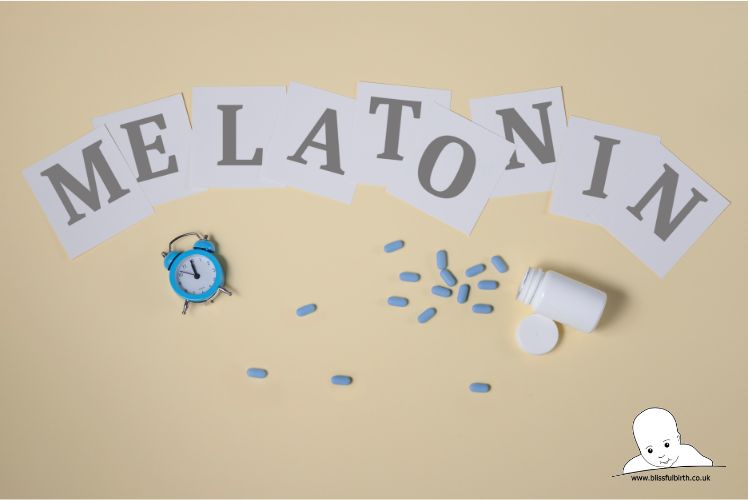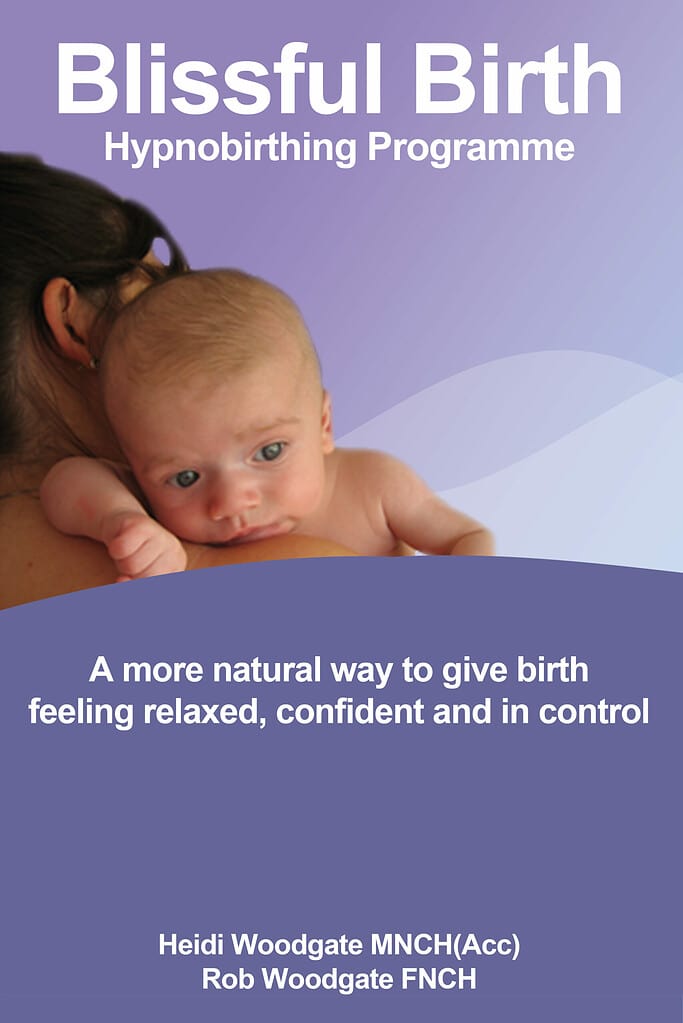I understand the challenges that come with pregnancy, especially when it comes to getting a good night’s sleep. You’re not alone if you’ve found yourself tossing and turning, wondering if there’s a safe solution.
Melatonin, a hormone that regulates sleep-wake cycles, often comes up as a potential aid. But is it safe? Can you take melatonin while pregnant?

This question is not only common but also crucial, considering the delicate balance of health for both mother and baby during pregnancy. In this article, we’ll delve into the science behind melatonin, its role in pregnancy, and the current research on its safety.
We’ll also explore alternatives for managing sleep issues during pregnancy and provide practical tips for better sleep. So, if you’re pregnant and seeking answers about melatonin, stay with me as we unravel this complex topic.
Table of Contents
Understanding Melatonin
What is Melatonin?
Melatonin is a hormone that our brains produce in response to darkness. It plays a crucial role in regulating our circadian rhythms, our internal 24-hour clock that dictates when we feel awake and when we feel sleepy.
Melatonin levels rise in the evening, peak during the night, and decrease in the morning. This hormone is often used in supplement form to help people who struggle with sleep issues, such as insomnia or jet lag.
How Melatonin Works
Melatonin works closely with our body’s circadian rhythm. As darkness falls, our bodies produce more melatonin, which signals to our bodies that it’s time to sleep. Melatonin doesn’t force us to sleep but instead promotes a state of quiet wakefulness that helps us transition into sleep.
When the sun rises and light hits our eyes, melatonin production decreases, signaling to our bodies that it’s time to wake up.
Melatonin and Pregnancy
Role of Melatonin in Pregnancy
During pregnancy, melatonin plays several important roles. It helps regulate the sleep-wake cycle, which can be disrupted due to hormonal changes during pregnancy. Additionally, maternal melatonin crosses the placenta and may influence the baby’s brain development, circadian rhythm, and sleep cycles. Melatonin levels increase in maternal blood during pregnancy, reaching a maximum at term.
Melatonin Supplementation During Pregnancy
Some pregnant women might consider taking melatonin supplements to help with sleep issues. However, the safety of melatonin supplementation during pregnancy is not fully understood.
While some animal studies suggest that melatonin supplementation could potentially decrease the risk of preeclampsia and preterm birth, human studies are limited. Therefore, it’s crucial to consult with a healthcare provider before starting any new supplement regimen during pregnancy.
Safety of Melatonin Supplementation During Pregnancy
Current Research and Findings
The safety of melatonin supplementation during pregnancy is not fully understood. While animal studies have suggested that melatonin supplementation could potentially decrease the risk of pre-eclampsia and preterm birth, human studies are limited.
Most experts do not recommend melatonin for insomnia, the sleep issue most commonly faced by pregnant women, due to the lack of research confirming its safety during pregnancy.
Potential Risks and Side Effects
Melatonin supplements are generally considered safe and don’t have any serious side effects. However, some potential side effects include drowsiness, daytime sleepiness, headaches, nausea, nightmares, and upset stomach. It’s important to note that these side effects are based on general use of melatonin and may not specifically apply to pregnant women.
As with any supplement, it’s crucial to consult with a healthcare provider before starting a new regimen during pregnancy.
Alternatives to Melatonin for Sleep Issues During Pregnancy

Non-Pharmacological Methods
There are several non-drug methods for improving sleep during pregnancy. These include maintaining good sleep hygiene, using aromatherapy, drinking chamomile tea, getting a bedtime massage, and trying acupuncture.
Regular exercise and a healthy diet can also promote better sleep. It’s important to find a routine that works best for you and to consult with a healthcare provider before starting any new regimen.
Safe Medications for Sleep During Pregnancy
While it’s generally recommended to avoid unnecessary medications during pregnancy, there are some safe options for sleep issues. Antihistamines such as Benadryl (diphenhydramine) and Unisom (doxylamine) are commonly used.
However, it’s crucial to consult with a healthcare provider before starting any new medication during pregnancy.
Effects of Sleep Deprivation During Pregnancy
Impact on Maternal Health
Sleep deprivation during pregnancy can have several impacts on maternal health. It has been associated with longer labor, elevated perception of pain and discomfort during labor, higher cesarean rates, and preterm labor.
Furthermore, poor sleep quality has been linked with increased depression, perceived stress in pregnancy, and psychological distress. It’s important to note that every woman’s experience with sleep deprivation will be different, and these are potential risks, not certainties.
Impact on Fetal Development
Sleep deprivation can also affect fetal development. Some studies suggest that poor sleep quality during pregnancy may predict sleep problems and crying in babies once they are born. Furthermore, sleep deprivation during pregnancy may increase offspring’s adiposity and blood pressure.
However, more research is needed to fully understand the long-term impacts of maternal sleep deprivation on fetal development.
Tips for Better Sleep During Pregnancy

Sleep Hygiene
Maintaining good sleep hygiene can significantly improve the quality of sleep during pregnancy. This includes going to bed and waking up at the same time each day, using your bed only for sleeping and sex, and avoiding screens for at least an hour before bedtime.
It’s also beneficial to develop a relaxing bedtime routine, such as reading a book or taking a warm bath.
Diet and Exercise
Diet and exercise play a crucial role in promoting better sleep. Regular exercise can help you sleep better, but it’s important not to exercise within three hours of bedtime as it can interfere with sleep.
A healthy diet can also improve sleep quality. Avoiding caffeine after lunch and limiting fluid intake before bedtime can prevent sleep disruptions.
Stress Management
Managing stress is another important aspect of better sleep during pregnancy. Techniques such as mindfulness, meditation, and deep breathing can help reduce stress and promote better sleep. It’s also beneficial to create a calm and comfortable sleep environment.
This might include using a pregnancy pillow for support, keeping the room dark and cool, and using white noise to block out disruptive sounds.
Conclusion
In conclusion, navigating sleep issues during pregnancy can be challenging, but it’s crucial to understand the role and safety of potential aids like melatonin. While melatonin plays a significant role in our sleep-wake cycle and has increased importance during pregnancy, its supplementation is not fully understood and should be approached with caution.
Sleep deprivation can impact both maternal health and fetal development, emphasizing the importance of good sleep hygiene, a healthy diet, regular exercise, and stress management. Remember, every pregnancy is unique, and what works for one person may not work for another.
Always consult with a healthcare provider before starting any new supplement or medication regimen during pregnancy. Here’s to better sleep and a healthy pregnancy journey!
References:
- Melatonin: What You Need To Know
- Melatonin, the Hormone of Darkness: From Sleep Promotion to Ebola Treatment
- Melatonin and Pregnancy: Is It Safe to Take Melatonin Supplements While Pregnant?
- Melatonin: In Depth
- Melatonin
- Pregnancy
- Melatonin and Pregnancy in Humans
- Melatonin Supplementation During Pregnancy: A Pilot Randomized, Double-Blind, Placebo-Controlled Trial
- Sleep Problems in Pregnancy
- Sleep and Pregnancy: Tips for Getting Better Sleep When You’re Expecting




